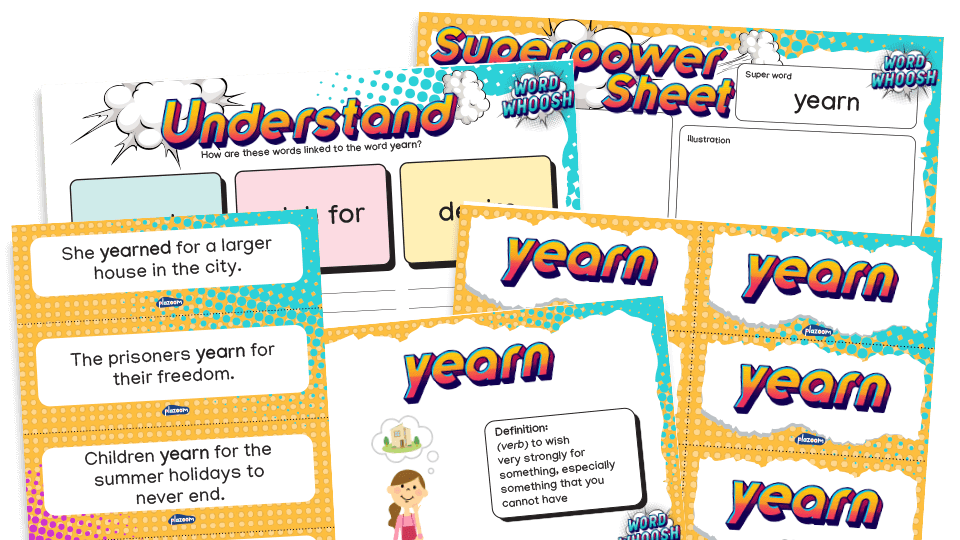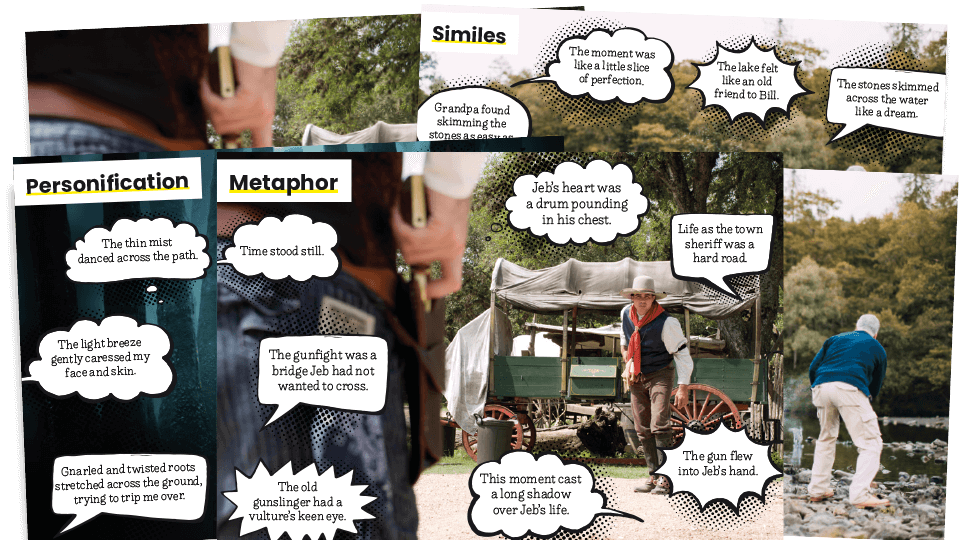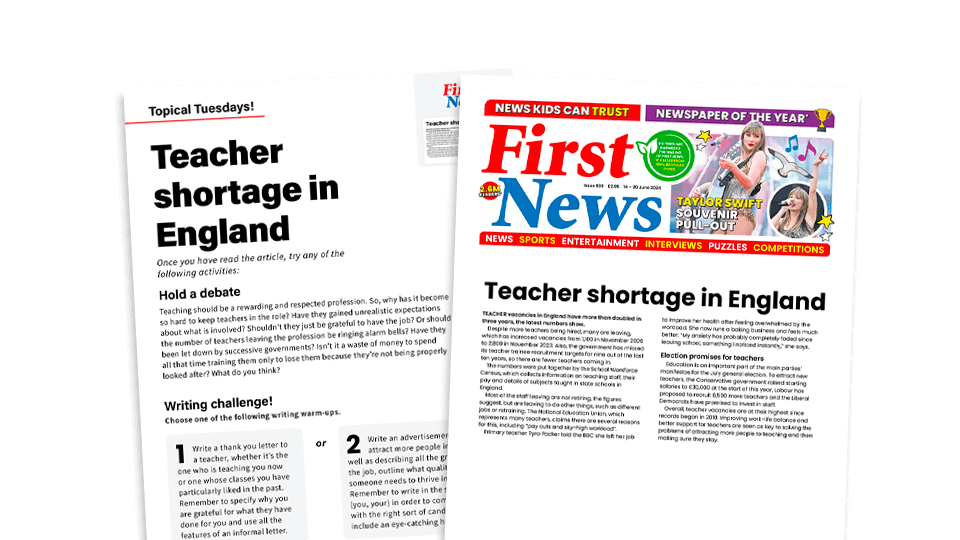Over the decades, we've begun to better understand and more highly value the role of oracy in education. Here, experienced teacher Sue Drury recommends oracy teaching ideas and resources to help your KS2 pupils speak with confidence and clarity while building their vocabulary.
We've taught and assessed speaking and listening skills in primary school for quite a while now, but their evolution into the concept of oracy has partly been driven by the realisation that its importance goes beyond the English curriculum.
After all, what better way could there be to demonstrate understanding than having the communication skills to convey an idea clearly to someone else?
This holds true in everything, from explaining your reasoning in maths to responding appropriately to an alternative perspective on life in RE or PSHE.
The curriculum and assessment review gave oracy a central role, positioning speaking and listening alongside reading and writing as core foundations for learning.
In primary schools, this validates approaches that develop pupils’ confidence, vocabulary and discussion skills, recognising that the ability to articulate ideas and engage with others is essential across the curriculum and beyond.
Nevertheless, the skilful manipulation of words forms the bedrock of oracy, making literacy a natural context in which to develop it.
Being able to write standard English well begins with being able to speak it fluently. That’s why it is so important for young writers in particular to rehearse sentences verbally before putting pencil to paper.
Oracy skills for KS2
Good oracy covers many different aspects. These range from basic features of communication/speaking skills, such as the volume, clarity, pace and tone of the delivery, to broader considerations such as respecting the audience, listening and taking turns.
Then of course there’s choice of words, rhetoric and content, not to mention the ability to organise and explain your ideas verbally, whether in a discussion or delivering a spoken presentation.
If you’re beginning to realise that there’s more to improving students’ oracy skills than you had previously thought, good. But also, don’t worry, because there are lots of ways to practise all these skills within your lessons without devouring huge chunks of your teaching time.
Oracy in the KS2 classroom
Like most skills, language dexterity can be broadened and strengthened, and there are a number of KS2 oracy activities and resources that will help your pupils to achieve this.
First, however, you need to set some rules and expectations. For a start, insist on standard English whenever your pupils are talking within a class context and don’t be afraid to correct them if necessary: “It’s those pencils, not them pencils,” and so on.
That means, of course, that you need to set a good example, so work hard to eradicate any bad habits that you might have developed over the years.
KS2 oracy resources and ideas
KS2 word games for oracy development
Make time for short word games, perhaps as a warm-up activity. There are plenty to choose from, but those that involve questioning and responding are particularly good because they cover many aspects of oracy.
For example, younger pupils might enjoy the opportunity to play ‘Twenty Questions’ (in which only ‘Yes’ or ‘No’ answers are allowed) while older ones might enjoy some version of ‘Just a Minute’, the long-running radio game.
KS2 oracy and vocabulary resources
A broad vocabulary is an essential part of improving pupils’ life chances. Use oracy activities to help children expand their personal lexicons, perhaps by getting them to explain or define less common words, or even challenging them to include these words in everyday conversation.
You might have some particular favourites you would like them to focus on. Alternatively, use our Tier 2 words cards for Year 6 pupils.

If you are looking for more ways to close the vocabulary gap and ensure progress from the start, take a look at our Word Woosh resources. We have 48 resource packs across Years 1-6 that will help your pupils learn 144 ambitious Tier 2 words.

Oracy skill – rhetoric
One way that makes people more interesting speakers is their use of rhetorical devices such as humour or figurative language.
Anyone who has heard a badly-pitched wedding speech will know that using humour effectively is not as easy as it might seem, so school could provide a safe space for practising that.
Much the same is true of rhetorical flourishes, so encourage pupils to use techniques such as similes, metaphors and personification when they are speaking.
Our figurative language posters provide a valuable, visible reminder of what each of these involves.

Oracy education – student debate
Of all the oracy skills, the ability to debate effectively must be one of the most useful because it encompasses so many important aspects, from marshalling ideas and information to ‘reading’ the audience.
Include oral debates as part of the planning and preparation for a persuasion or balanced argument writing unit, such as our Bug Banquet persuasive writing resource. Can children convince their teacher to eat insects?

Each one of our Topical Tuesdays packs contains a news story from trusted weekly newspaper First News and a related oracy activity. For example, read an article about teacher shortages, then debate why it's become so hard to keep teachers in the role. Shouldn't they just be grateful to have a job, or should the number of teachers leaving be ringing alarm bells?

By introducing oracy activities to your timetable, probably on a ‘little and often’ basis, you could have a massive impact on your pupils’ ability to express themselves clearly. That will be good news for both their academic achievement and their life chances.
Sue Drury qualified as a primary teacher in 1999. Teaching pupils from Year 1 to Year 8, she has held a variety of positions including maths and English subject leader, year leader, and assistant headteacher. Sue has mentored students and NQTs, offering guidance and advice using her years of experience. She created many of Plazoom's literacy resources.